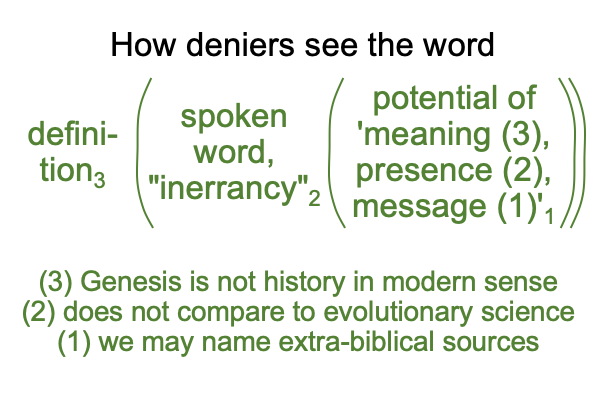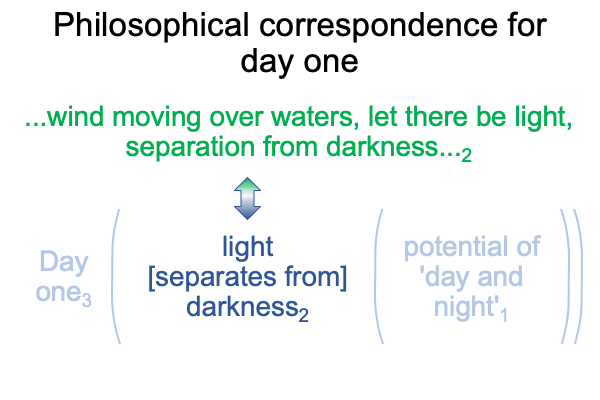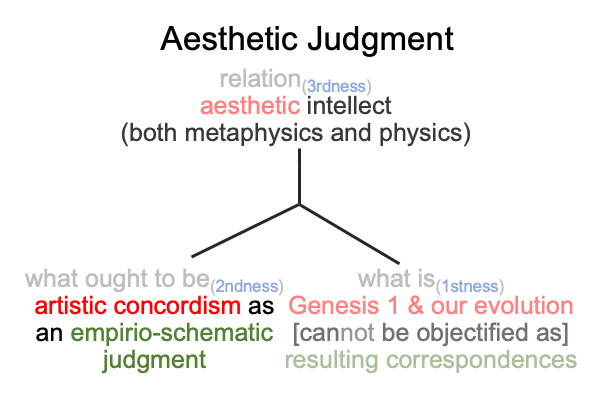0142 In chapter 14, Ross discusses Biblical cues to the Earth’s age.
In doing so, he brings the weight of his argument to bear on the Creation Story (Genesis 1-2.3), because that is the anomaly.
0143 The anomaly?
If the Bible started with the Primeval History (Genesis 2.4-11), then the Bible would honestly agree with all the other origin stories of the ancient Near East. Humans (as far as the early civilizations are concerned) are recent creations. We, civilized folk, are connected to the first humans by way of genealogies. We do not recognize the deep reaches of evolutionary time. Or, maybe, we pay tribute to evolutionary time by saying that the first humans lived for thousands and thousands of years. Consult the Sumerian king list on that one.
0144 Yes, the Creation Story is the anomaly. Hugh Ross, familiar with evolutionary science, sees the signification immediately. Later, after years of research, he now realizes that the Bible is peppered with phrases that signify deep evolutionary time. He mentions Genesis 49:26, Habbakkuk 3:6, Judges 5:21, and Micah 6.2. But, the Creation Story is incredible in its recognition.
Why?
The Genesis Creation Story is a sign of the evolutionary record.
0145 Why does Hugh Ross conjure this conclusion, yet appears to be incapable of articulating it clearly?
Ah, remember the late scholastic judgment where the relation says that “grace” and “nature” are distinct and separable?
Recall that, over hundreds of years, this early modern judgment calcifies into two contending parties, one exalting grace3c and one exalting nature3c.
And don’t forget, during that last span, science is successfully born in Western Civilization. So, the exalting nature3cparty appears ascendant.
0146 What is “reality”?
Truncated material and efficient causalities are the presence underlying term, “reality”.
What is the message of modern material and instrumental “reality”?
The message is that the authorship of the Bible is human, not divine.
0147 Take a look at the term, “inerrancy”, once again..

0148 What does “reality” mean for the party that exalts nature3c?
Follow the positivist intellect. “Reality” means that “metaphysics is not permitted”.
0149 Hugh Ross does not agree, because Genesis One looks like a description of the evolutionary record.
If he only had a model for delineating that appearance in a way that scientists might appreciate.
0150 What would a model entail?
First, the Creation Story comports with the first abstraction in natural philosophy.
Say what?
Each Genesis One “day” offers clues to something that looks like Aristotle’s hylomorphe, matter [substance] form.
Here is a picture of how that might look for the first day of creation.

0151 To me, this touches base with the way that Ross discusses the perspicuity of Scripture in chapter 15. Biblical perspicuity is like visual acuity. It’s the ability to see clearly and comprehensibly. But what does that mean?
If every Biblical verse is an actuality2, then Biblical perspicuity means that we can understand that actuality2. What is understanding? Understanding applies a normal context3 and potential1 to an actuality2. That is why a category-based nested form appears in the above figure. This is the inerrant understanding that Ross wants to defend… um… scientifically.
0152 But, what is Ross really doing?
Ross substitutes his own aesthetic judgment for the Positivist’s judgment.
In effect, he is telling all those who exalt nature3c over grace3c that their interscope does not define “reality”.
At the same time, he whispers to those who exalt grace2c over nature3c that revelation cannot be qualified1a.
0153 Here is a picture of Ross’s aesthetic judgment, as it starts to diverge from the Positivist’s judgment, while retaining its structure.

A diagram of the Positivist’s judgment may be found in point 0131.
